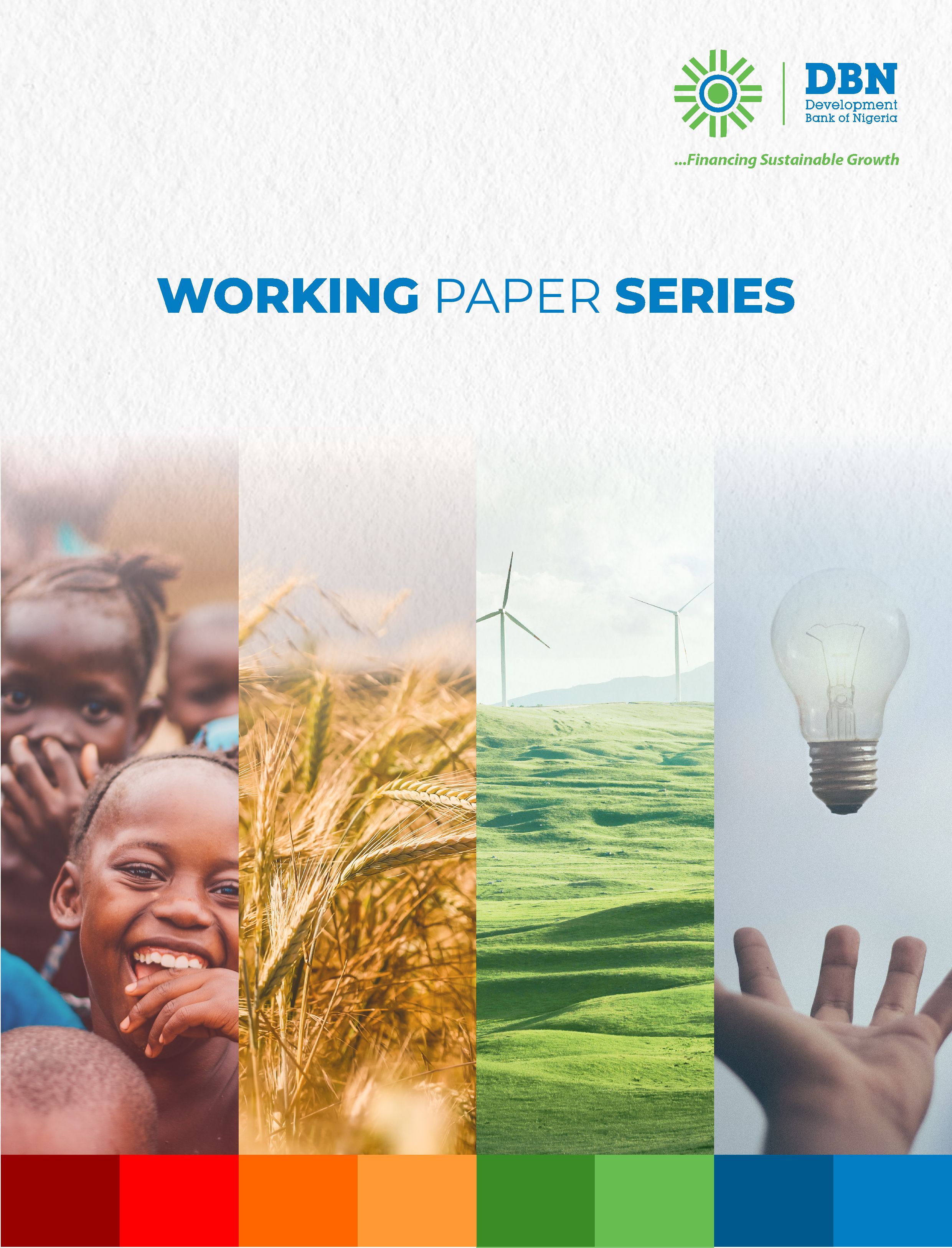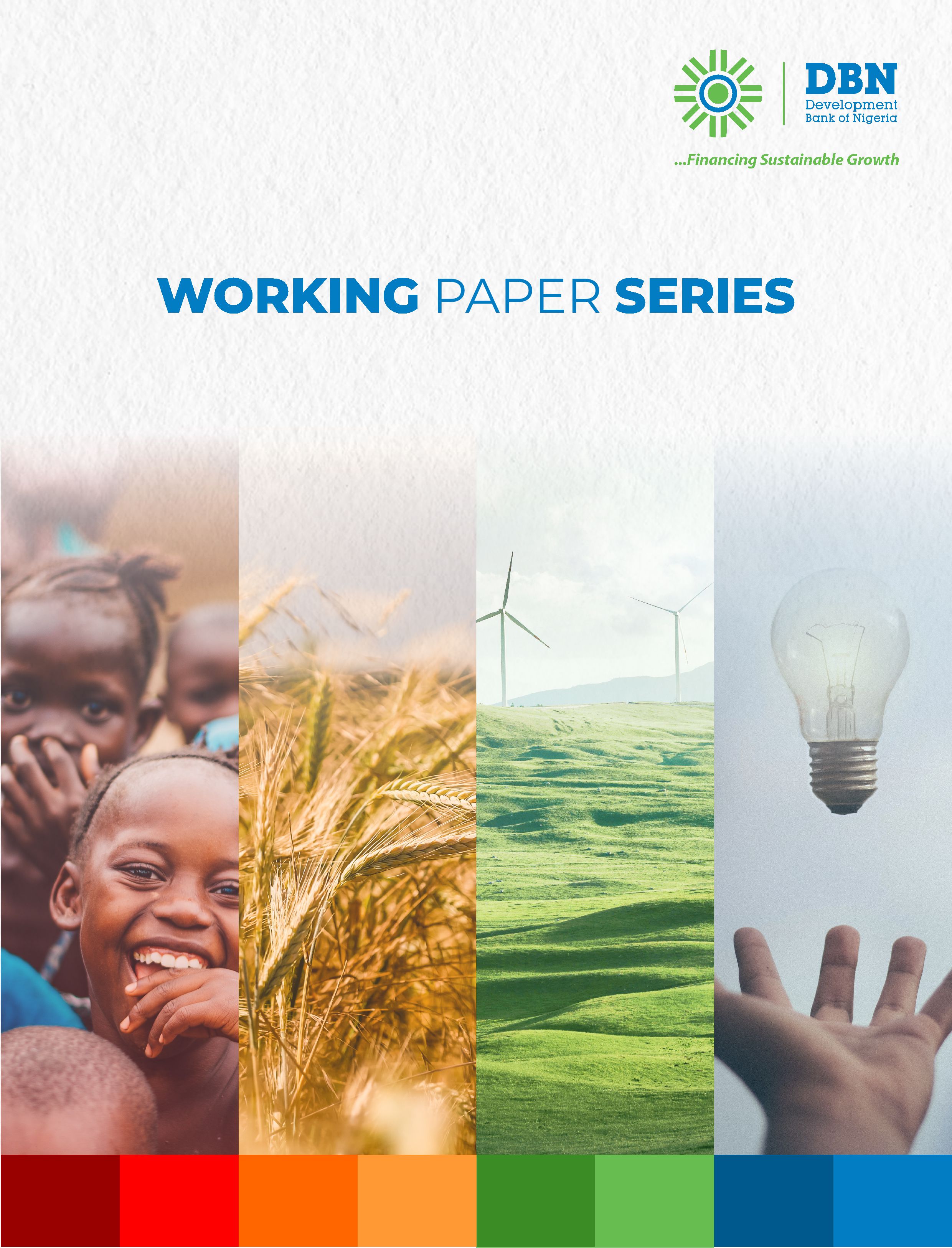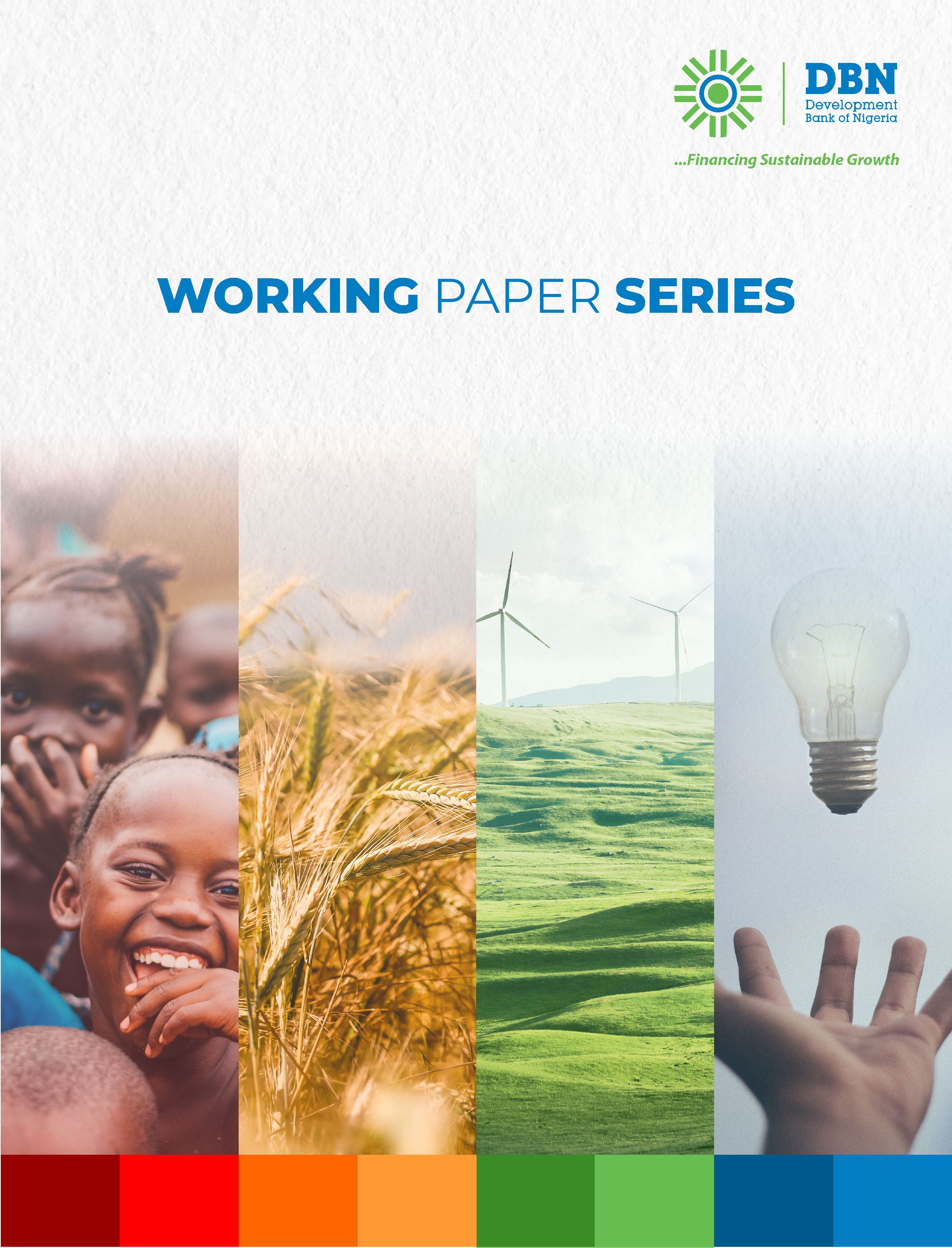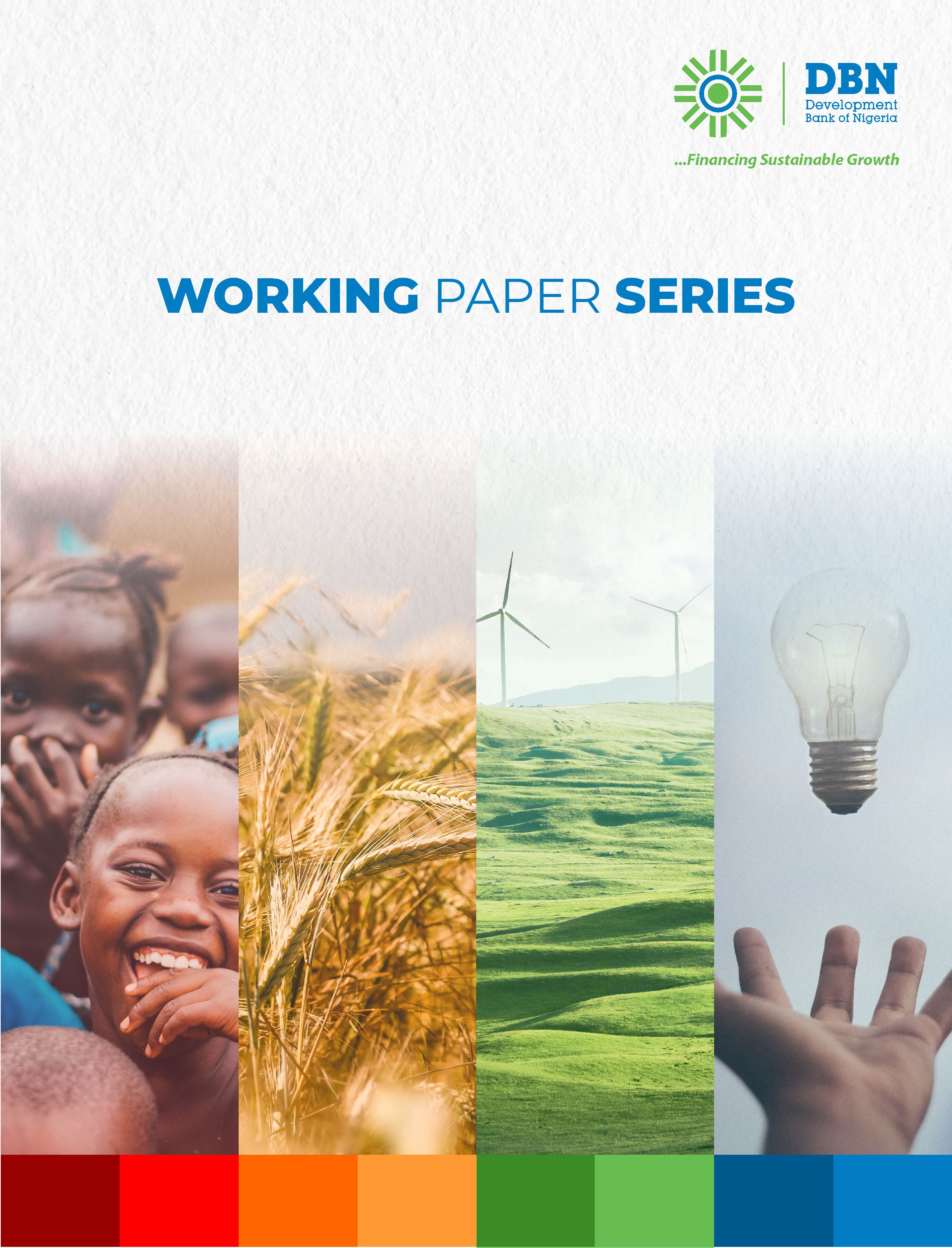
Publication Information
Published by: Admin
Published: 6 months ago
View: 261
Pages: 38
ISBN:
Abstract
The purpose of the present study is to assess how bank concentration affects female entrepreneurship in 70 developing countries using data for the period 2000 to 2019. The empirical evidence is based on OLS Fixed Effects and the Generalized Method of Moments (GMM) regression. Three main female entrepreneurship outcome variables are employed, notably: women's entrepreneurial activity rate; women business leaders and the number of jobs created by businesses run by women. Two main moderating variables are employed, namely: education and access to credit. It follows that the analysis is tailored towards assessing the direct impact of bank concentration on the female entrepreneurship outcomes as well as the indirect effect pertaining to how the education and credit access moderating variables influence the effect of bank concentration on female entrepreneurship. The results provided below are established. Bank concentration broadly reduces female entrepreneurship. The negative effect is robust to the inclusion of additional control variables, an alternative estimation technique and a different measurement of bank concentration. Within interactive regressions' purview, the unconditional effect of bank concentration reduces female entrepreneurship while education and credit access further complement bank concentration to reduce female entrepreneurship. This evidence of negative synergies is explained, and policy recommendations are provided.
Simplice A. Asongu Prof
Therese E. Zogo
Emeride F. Kayo
Related Publications

VOLUME 8 ISSUE 2 2025
The Role of Governance in Remittances-Access to Electricity Nexus in sub-Saharan Africa? A Rural-Urban Comparative Analysis

VOLUME 8 ISSUE 2 2025
Access to Finance in the Digital Age: Does Digital Financial Inclusion Promote Financial Development in Emerging Countries?

VOLUME 8 ISSUE 2 2025
Born with a silver spoon but raised as a beggar: Fresh empirical investigations into the resource curse thesis in Africa
